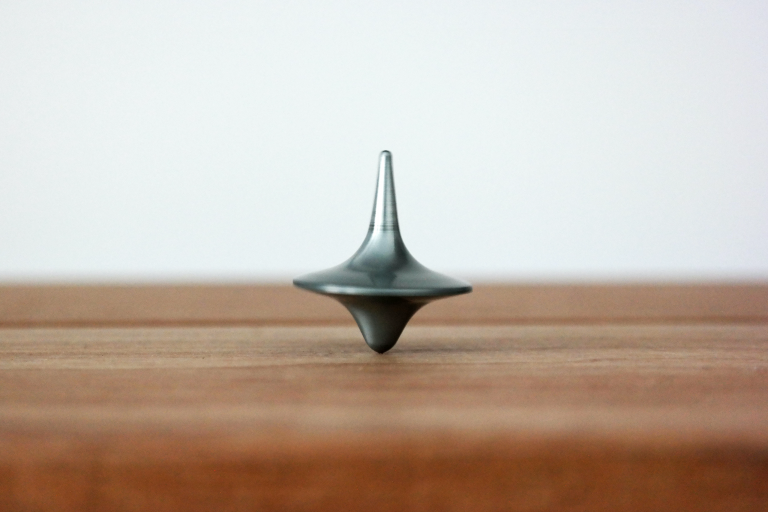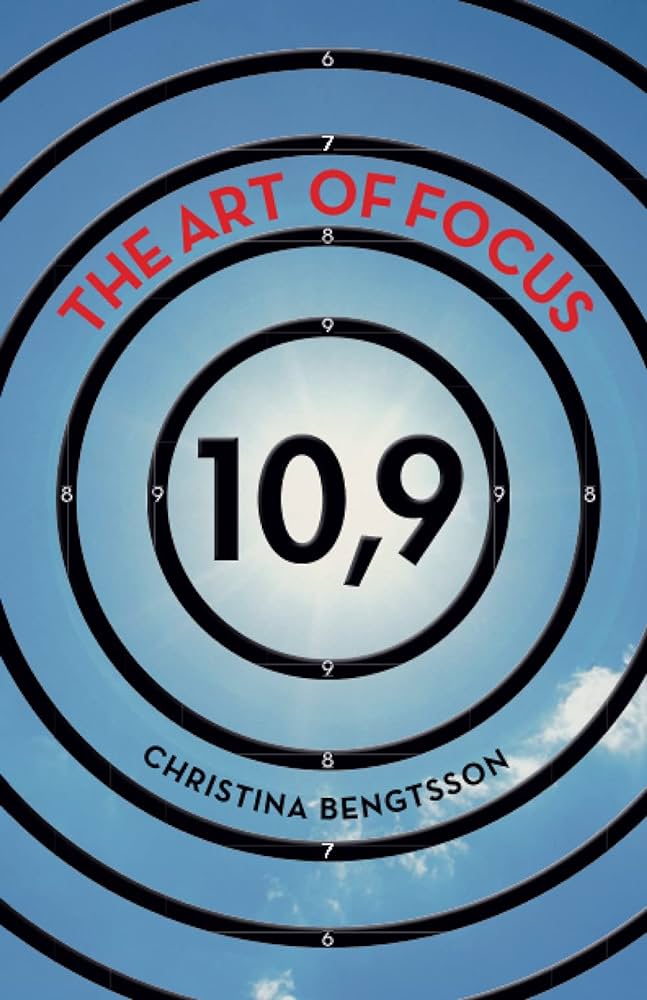Insights
At Reclaim Focus, we enable individuals and organisations to connect on a fundamental level, interact with depth, stay on target, think on their own and plan for the long-term. Our videos and blogs will help you learn more about the philosophy behind our approach and provide valuable insights to help you achieve your goals.

The Art of Focus
by Christina Bengtsson
Whether you’re a business professional, an entrepreneur, or simply someone who wants to improve their productivity and performance, The Art of Focus is designed to help you reclaim your focus, reconnect to your purpose, and unlock your full potential.
Get in touch
We would love to hear from you! If you have any questions or would like to learn more about our work or our programmes, please contact us.



